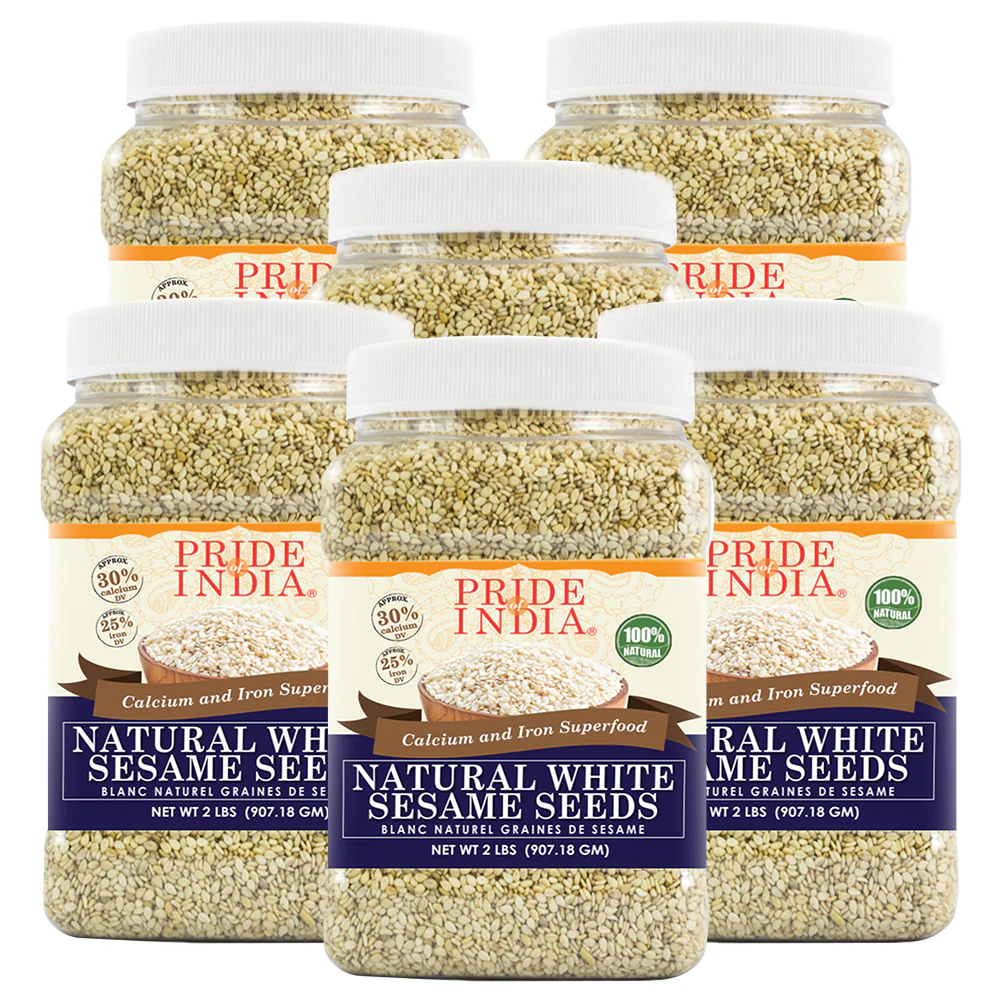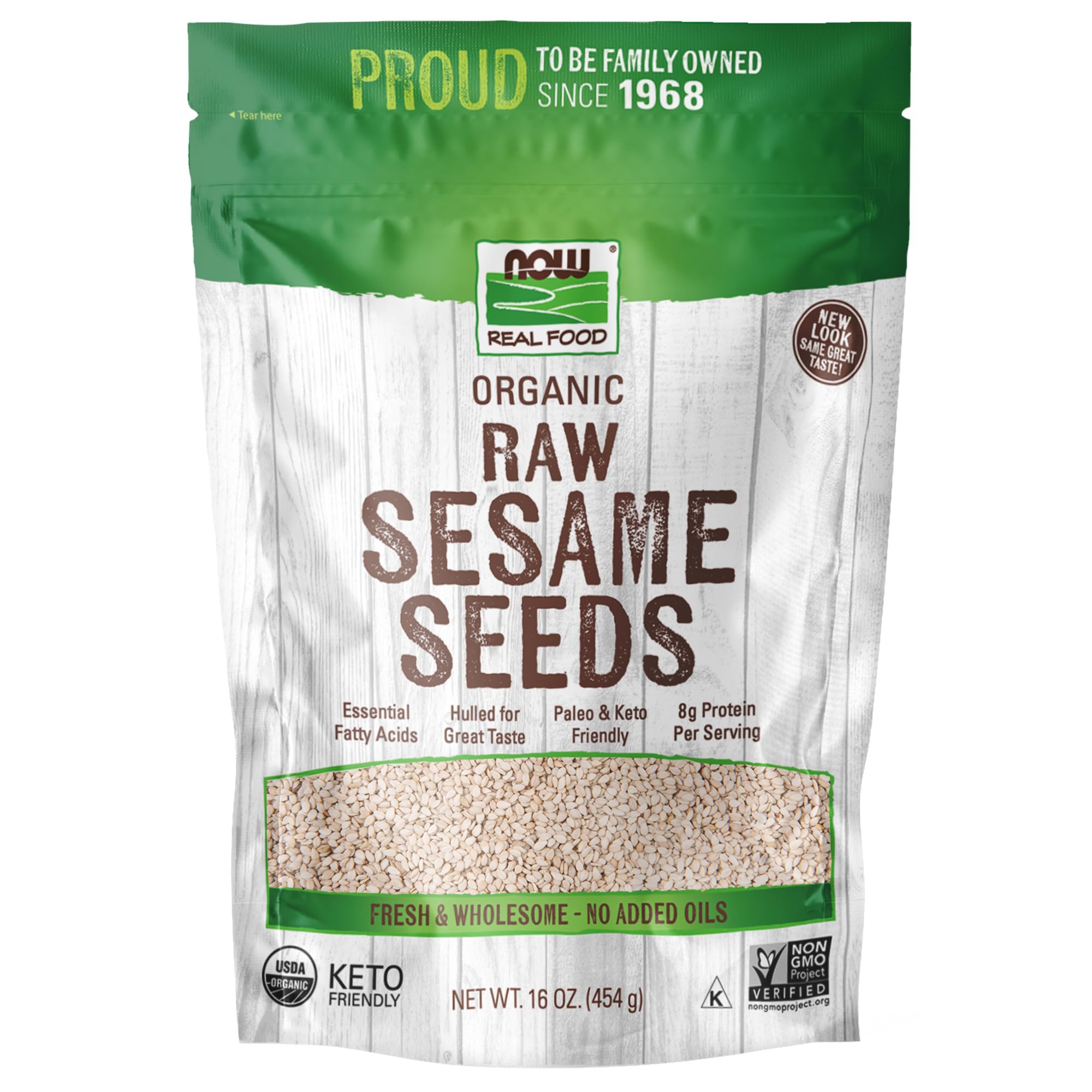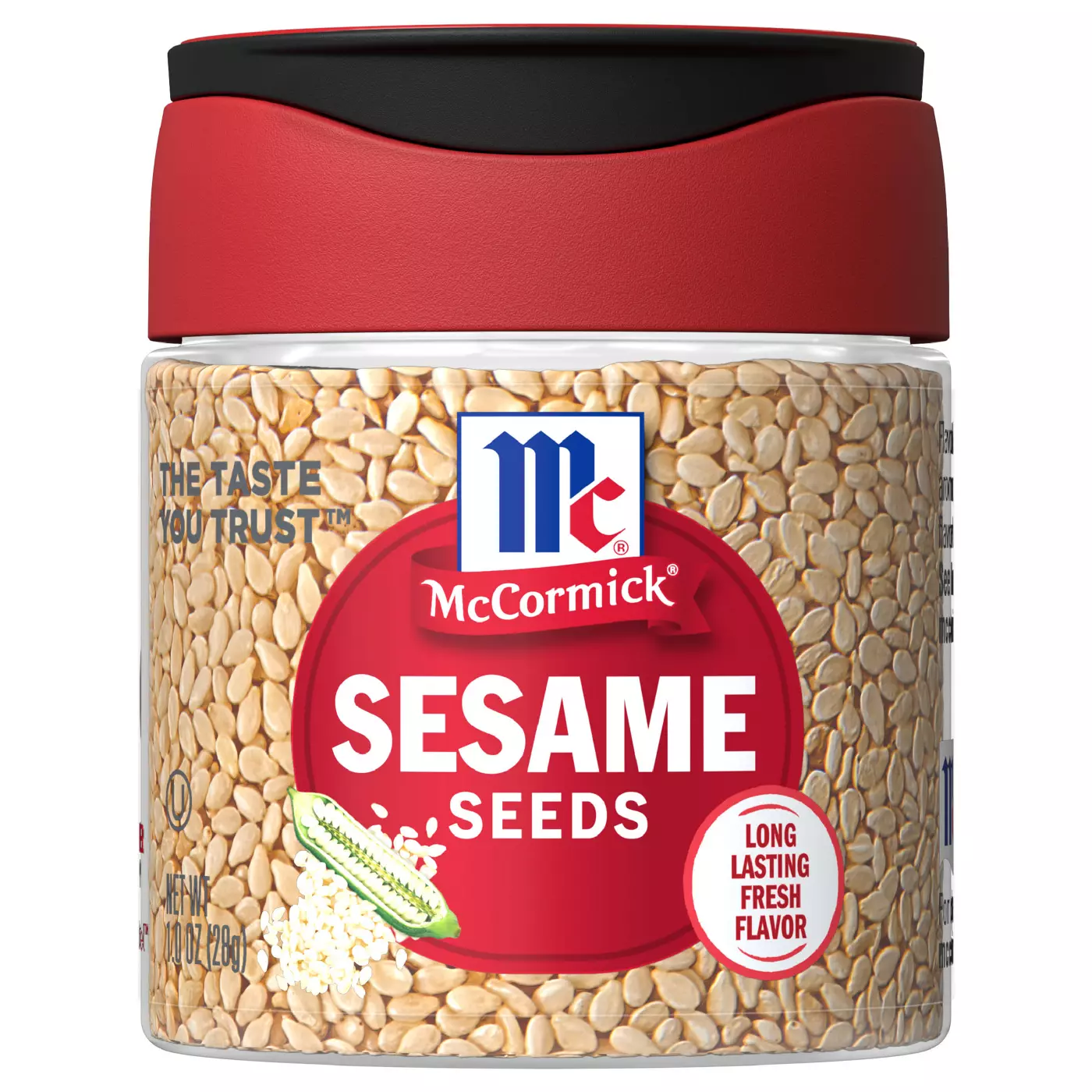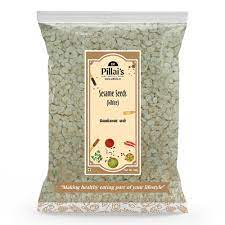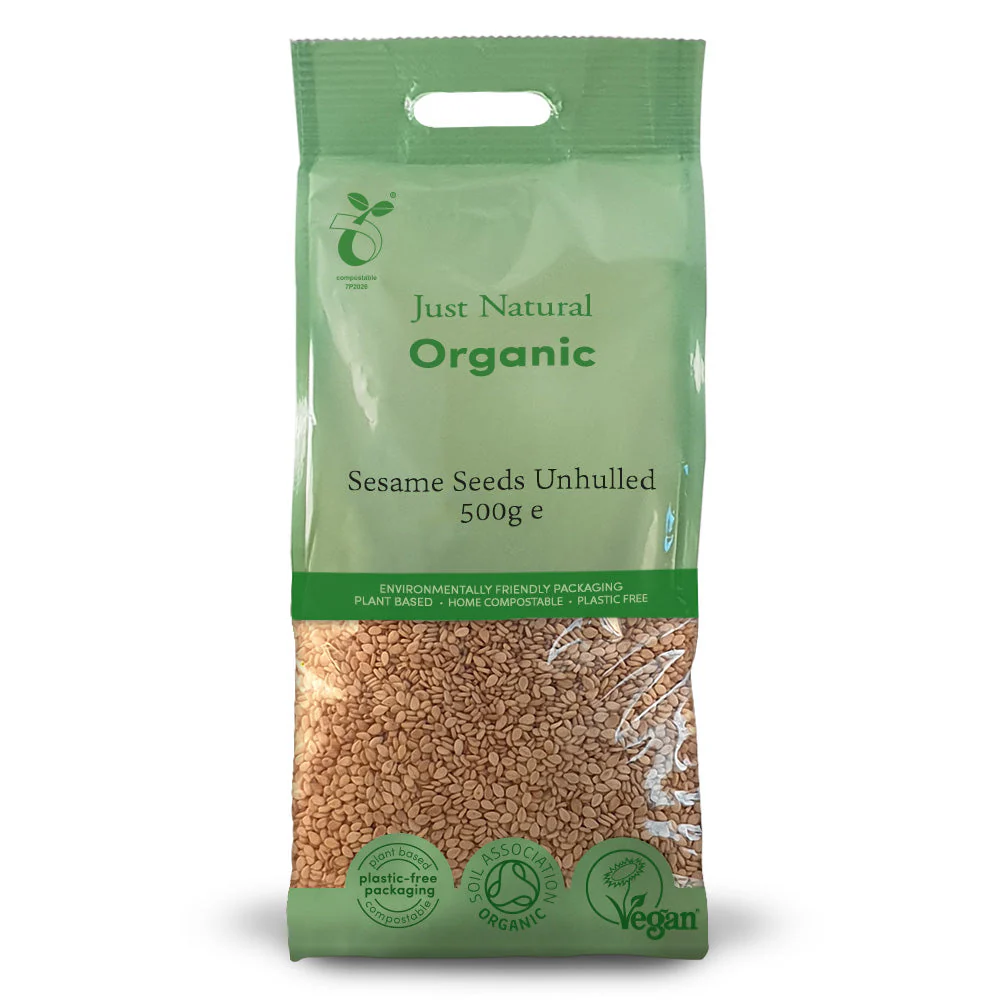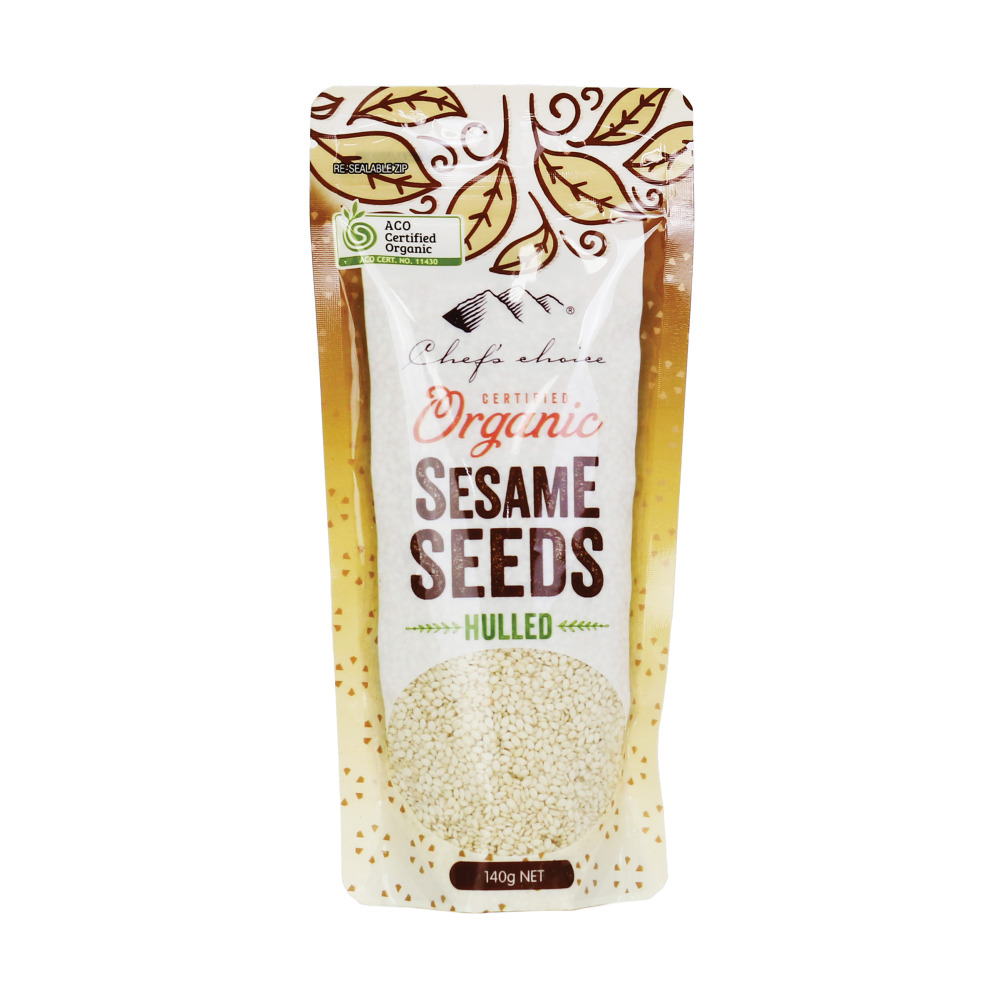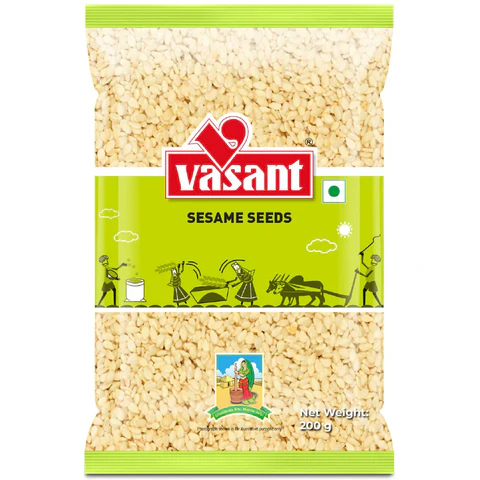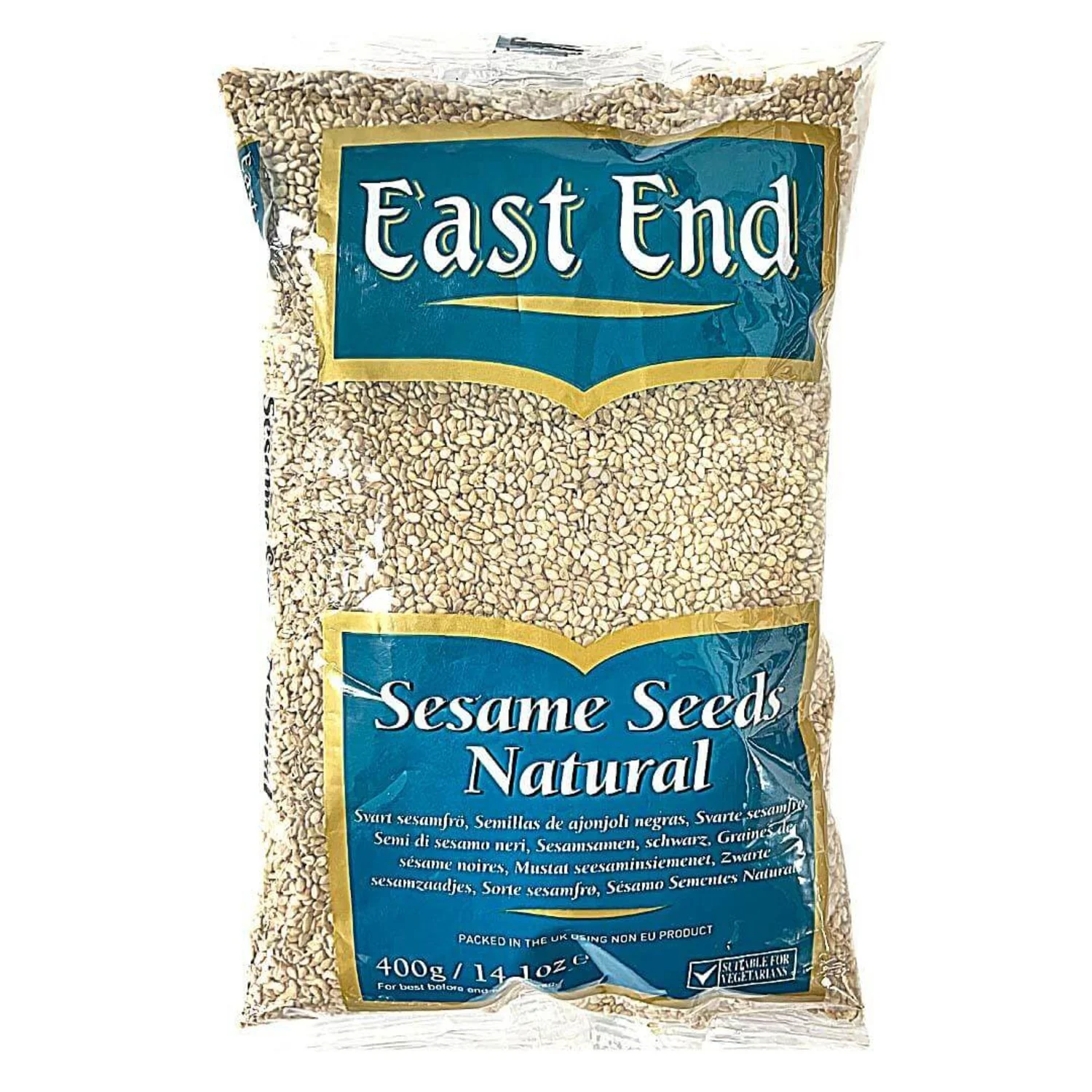Description
Sesame seeds, scientifically known as Sesamum indicum, are small, nutritious seeds that have been cultivated for thousands of years, with origins tracing back to Africa and India. These tiny seeds are renowned for their rich nutty flavor and versatility, making them a staple ingredient in various cuisines across the globe. Often used in Asian dishes, they can be sprinkled over salads, incorporated into sauces, or toasted to enhance their flavor. In addition to their culinary uses, sesame seeds are packed with essential nutrients, including healthy fats, protein, vitamins, and minerals, making them a beneficial addition to a balanced diet.
Rich in antioxidants and valuable micronutrients such as calcium and magnesium, sesame seeds offer numerous health benefits. They are known to support heart health by promoting healthy cholesterol levels and providing anti-inflammatory properties. Furthermore, the seeds contain lignans, compounds that may help reduce the risk of certain diseases and improve overall well-being. Their high fiber content also aids in digestion, making them an excellent choice for those looking to enhance their gut health.
In addition to their nutritional value, sesame seeds hold significant cultural importance in various traditions. They are often featured in religious and ceremonial practices, symbolizing prosperity and good luck. In some cultures, they are incorporated into sweets and baked goods, such as halva and tahini, showcasing their adaptability and enduring appeal. As awareness of superfoods and health-conscious eating continues to grow, sesame seeds are increasingly being recognized not only for their taste and texture but also for their numerous health advantages, solidifying their place as a valuable pantry staple.

